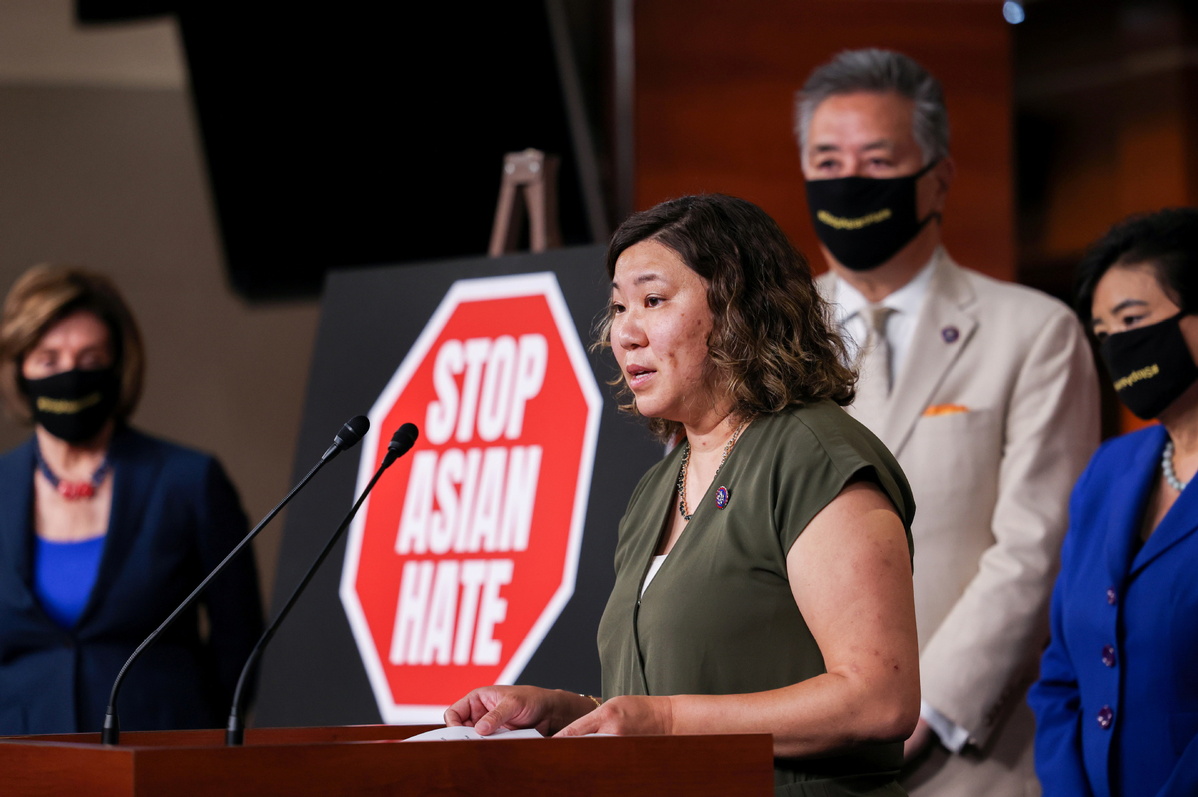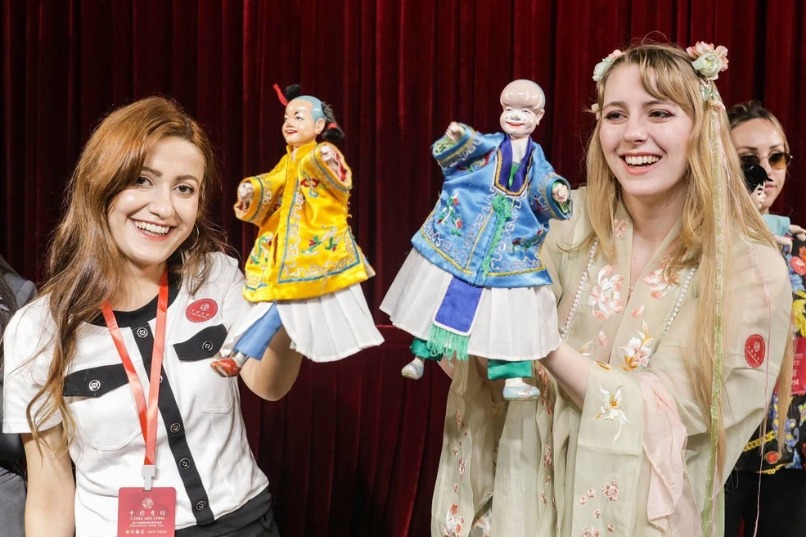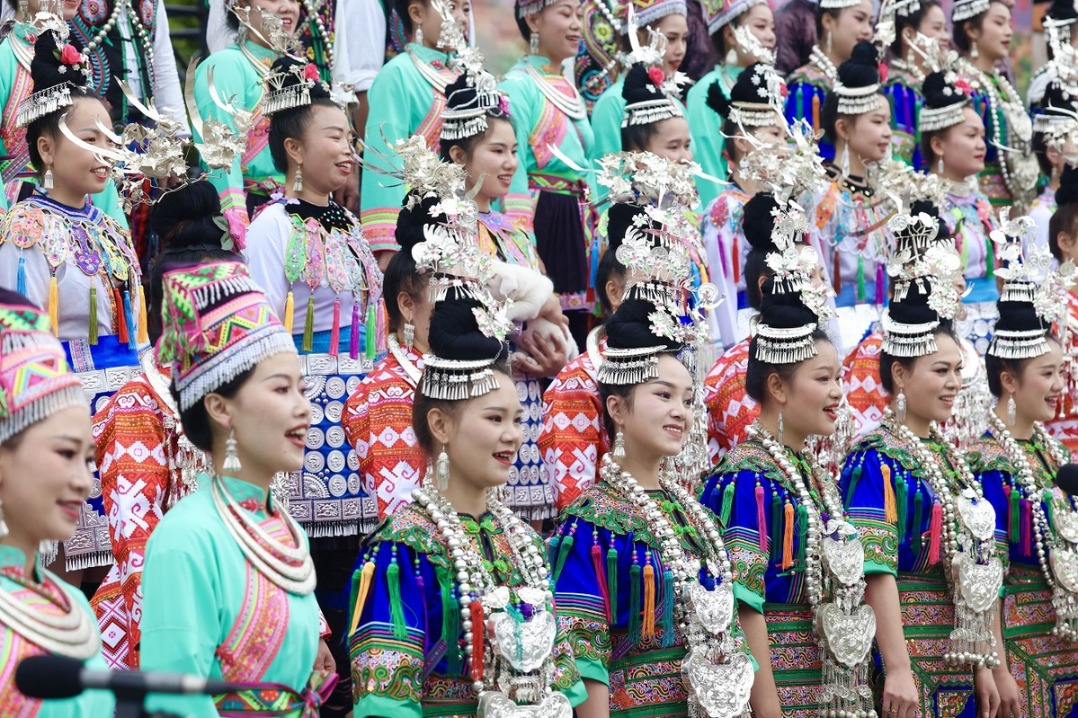Asian Americans wary of 'model-minority' myth
By LIU YIMENG in Los Angeles | China Daily Global | Updated: 2021-06-07 09:05

For years, Asian Americans have been characterized as a group of smart, successful and compliant people, particularly in contrast to other ethnic communities. But this stereotype is now facing criticism from some leaders in the Asian American community.
The "model-minority" myth has taught generations of Asians to "mind their own business" or "not to rock the boat", said US Democratic Representative Grace Meng, who represents part of New York City, including the heavily Asian-populated borough of Queens. As a result, Asians are often overlooked in discussions of racial bias in the United States, she said.
"Asians are either seen as invisible or they are seen as foreigners or outsiders. What happens as we talk about a lack of data, a lack of education, lack of evidence, is that people are left to these model-minority stereotypes," Meng said.
The impression that Asians won't fight back has made the group an easy target for racially motivated attacks and sometimes gender-based violence. The Atlanta shooting in March, in which six women of Asian descent were killed, has rekindled discussions in America about Asian women being viewed as submissive and exotic and susceptible to sexual and physical violence.
"I think Asian Americans are seen as law-abiding, docile or submissive people who don't cause trouble and I think it makes it easier for us to be vulnerable to attacks," said Connie Chung Joe, CEO of Asian Americans Advancing Justice-Los Angeles.
Racial attacks against Asian women and vulnerable older Asians in US cities' Chinatowns have escalated dramatically during the pandemic. STOP AAPI Hate, a center tracking reports of racism and discrimination against Asian Americans, counted 6,603 incidents of racism and discrimination against Asians Americans and Pacific Islanders since the onset of the COVID-19 pandemic. More than half of the incidents were reported by women.
Chung Joe said another problem with the model-minority myth is that it focuses on those who are doing well and hides the fact that some in the Asian American community are "actually struggling a lot".
According to data from the Pew Research Center, median annual household incomes vary widely among Asians. Households headed by Burmese Americans, for example, earn $44,400 in average annual income, significantly lower than the average amount earned by Asian Americans overall, which is $85,800, according to the think tank.
Poverty rates among Asians also vary. Mongolians had the highest poverty rate among Asian groups at 25 percent, while the lowest was Indians at 6 percent.
Chung Joe said Asians also faced many cultural and language barriers, which get lost in the model-minority myth. The myth is a "positive sounding" label that results in Asian Americans often being passed over for assistance as it gives the impression they are doing fine on their own.
She said her organization has had trouble getting funding assistance for scholarships, housing and philanthropic work.
Asian Americans are also often overlooked when it comes to clinical research. A cross-sectional study found that research focused on Asian Americans, Native Hawaiians, and Pacific Islanders accounted for 0.17 percent of the total National Institute of Health budget between 1992 and 2018.
When the United States is attacked, it also has a tendency to blame and scapegoat Asian Americans who are seen as "foreigners, or outsiders, and not to be trusted," Chung Joe said.
After 911, many South Asians, Arabs, Muslims, Sikhs and other people of Middle Eastern descent found themselves the subjects of hate crimes and discrimination.
"The model-minority myth makes it easy for people to forget that this country has a long history of attacking Asian Americans," she said.
























